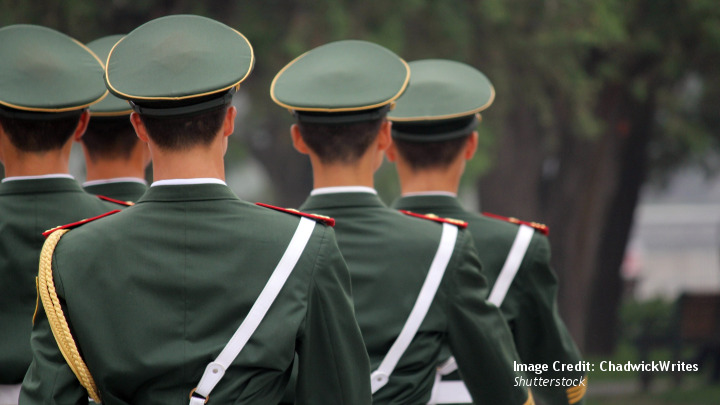China’s Military Reform: Present and Future – Part 2

Guo Qiucheng
Changes made to the structure of the Chinese armed forces have occupied much attention the world over, and are a central part of a wider program of reform being carried out within the People Republic of China (PRC). The overhaul of governance systems taking place in China is of such a massive scale and touches on so many areas that scholars and observers of the country’s politics are sometimes hard-pressed to catalogue, let alone interpret, the many concomitant changes going on. To help contribute to the burgeoning discourse on the subject with material directly form the source, this two-part report, available both in the original Mandarin and in English translation, seeks to explore the substance and logic of China’s military reform.
The Institute for Security and Development Policy is an independent, non-partisan research and policy organization based in Stockholm dedicated to expanding understanding of international affairs. With its extensive contact network with partner institutes in Asia, each year ISDP invites a number of visiting researchers as well as guest authors from the region to participate in research, discussion, and exchange with European scholars and policy officials. ISDP’s Focus Asia series serves as a forum for these researchers as well as guest authors to provide and clarify their viewpoints on the contemporary issues and challenges concerning their countries, adding a much-needed Asian perspective to the policy and research debate.
For enquiries, please contact: info@isdp.eu
No parts of this paper may be reproduced without ISDP’s permission.
Disclaimer: The opinions expressed in this paper are those of the author only and do not reflect those of ISDP or its sponsors.